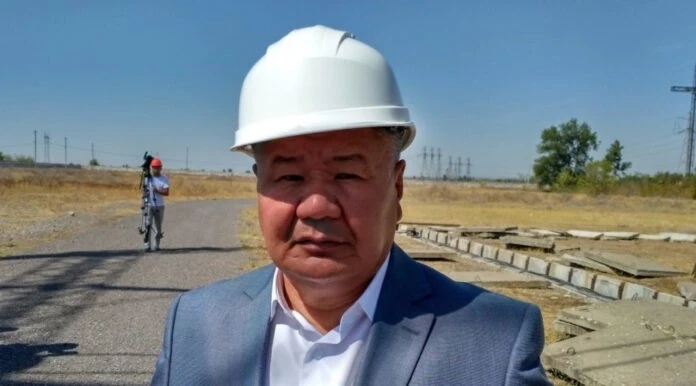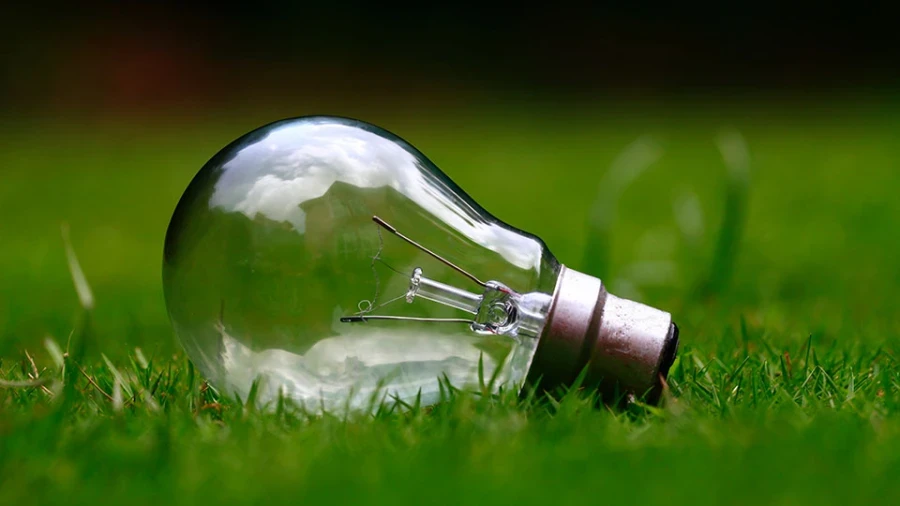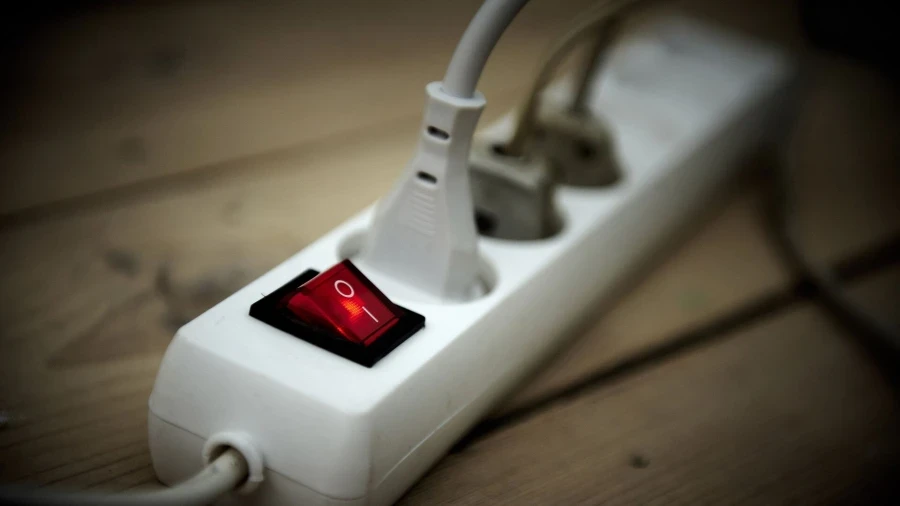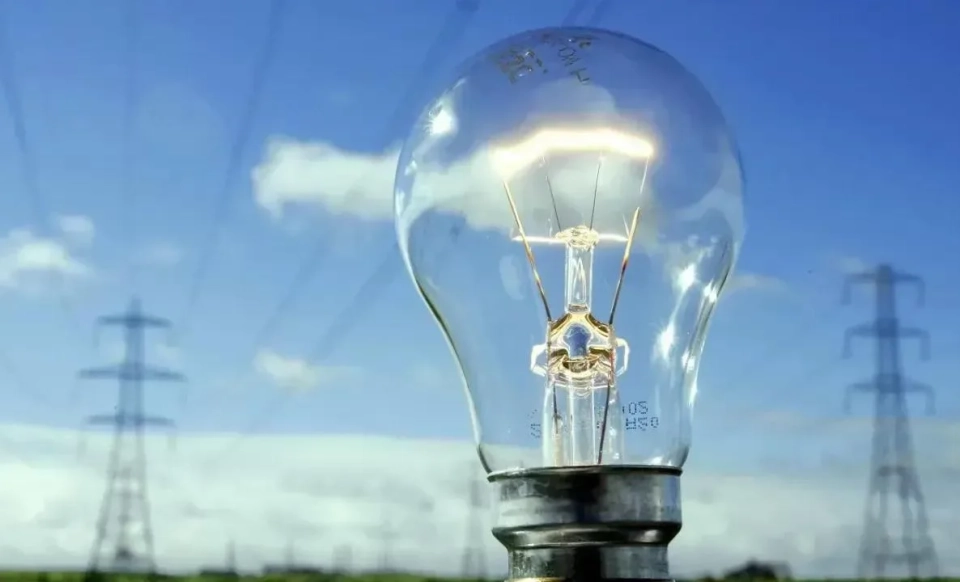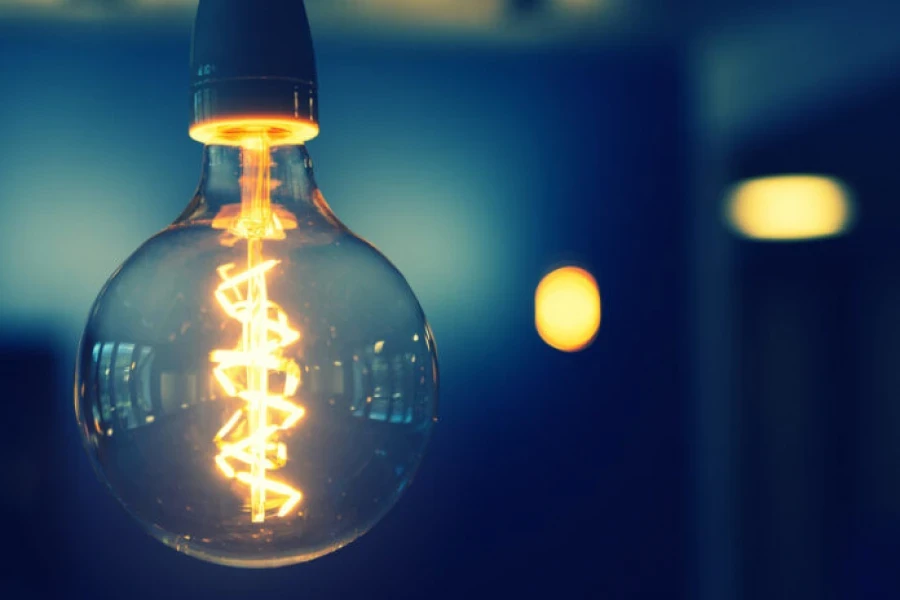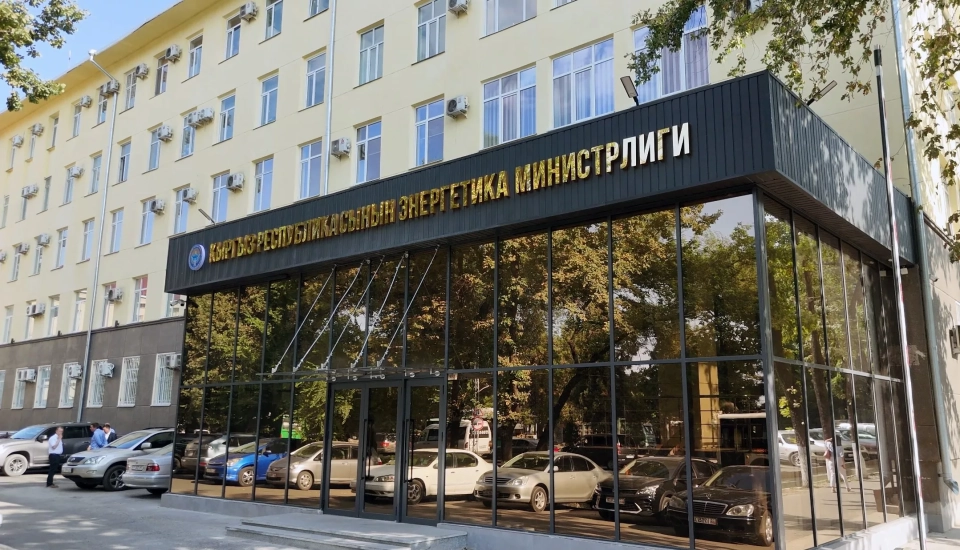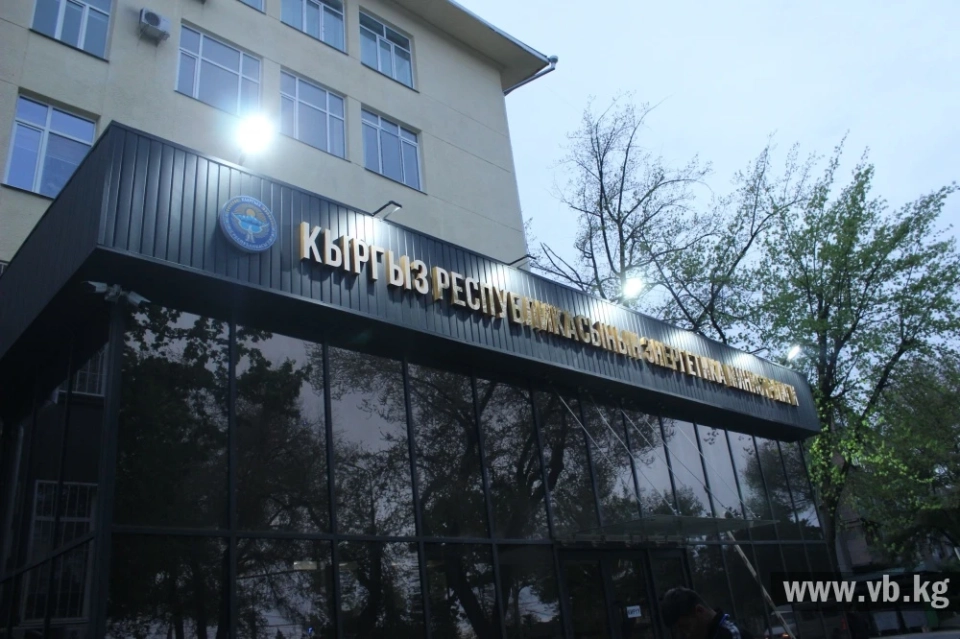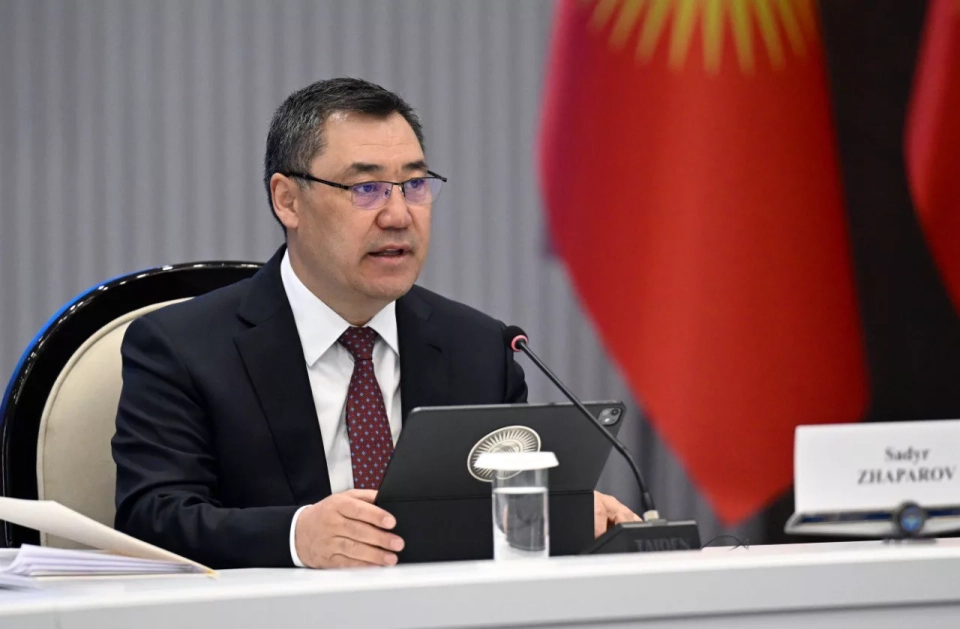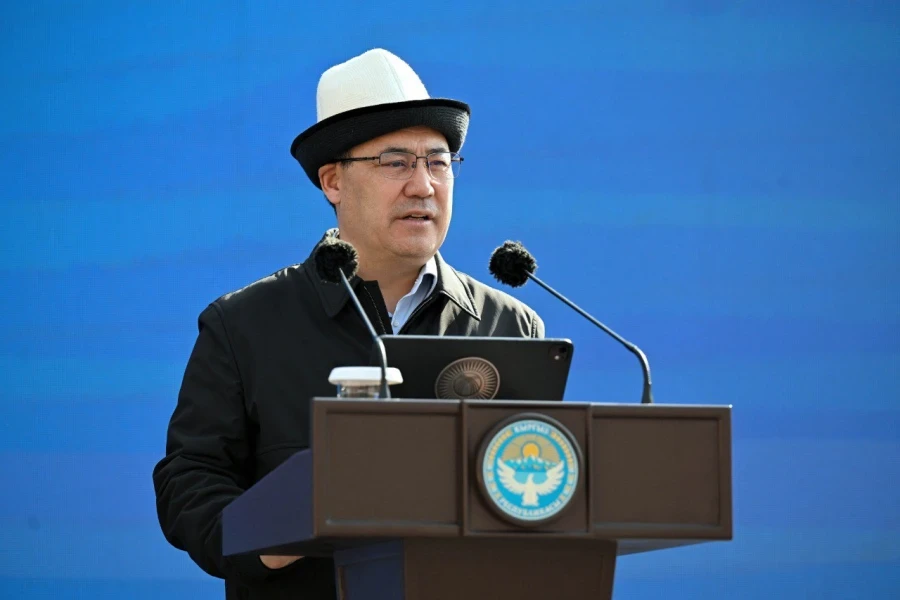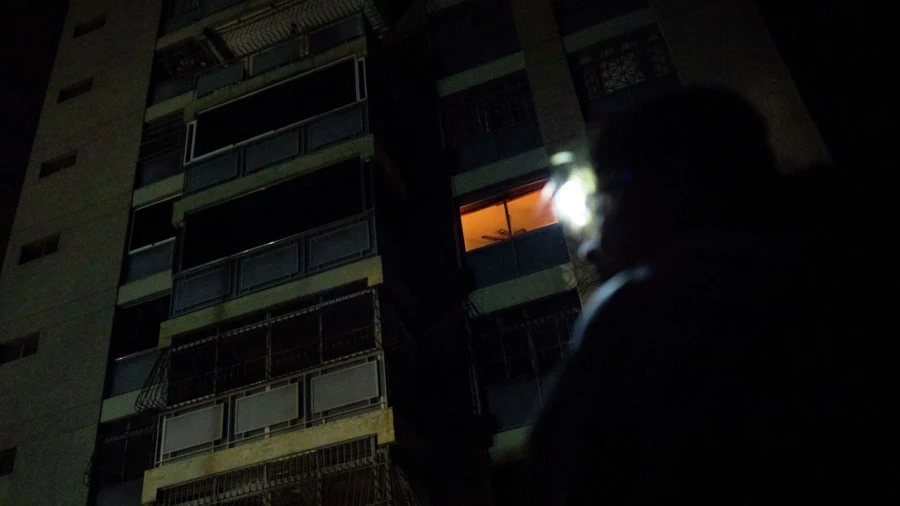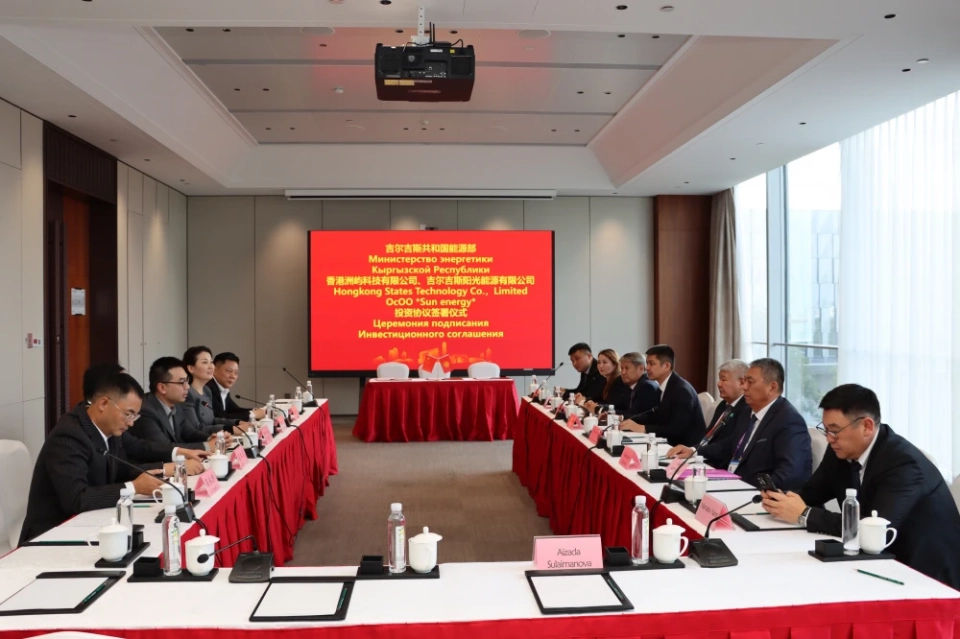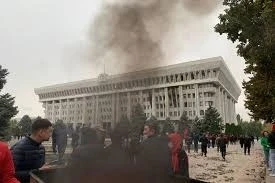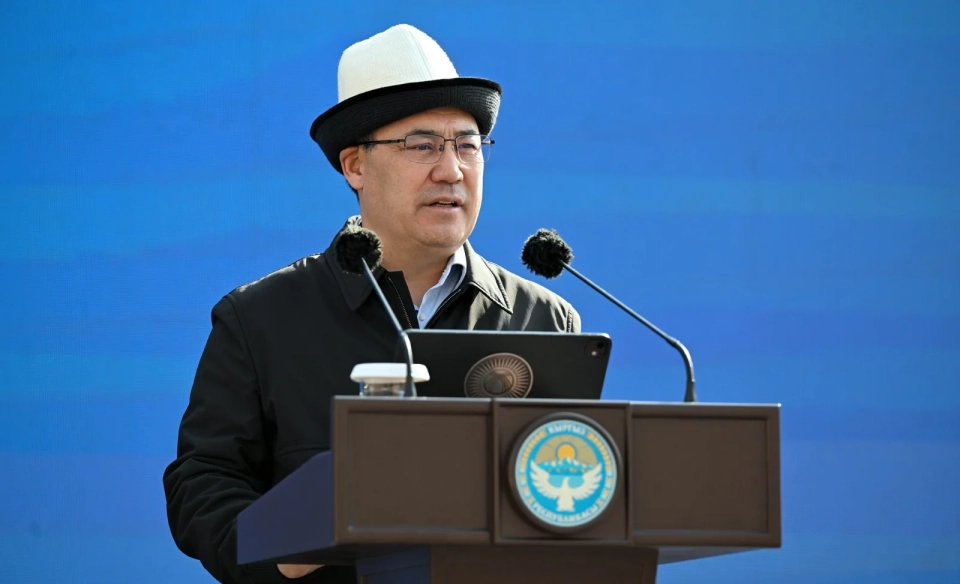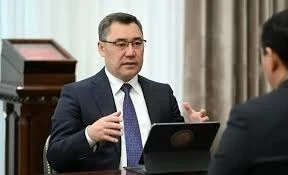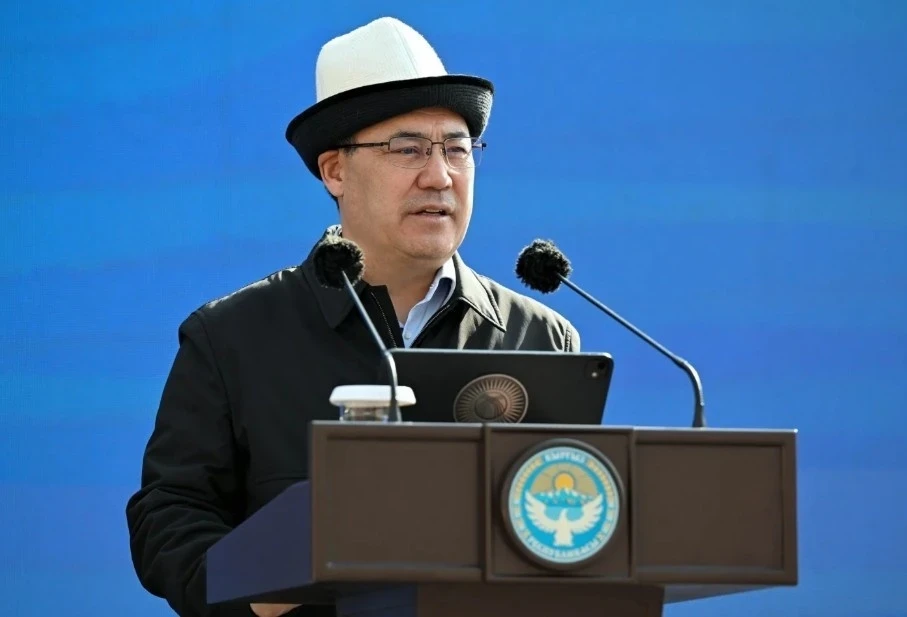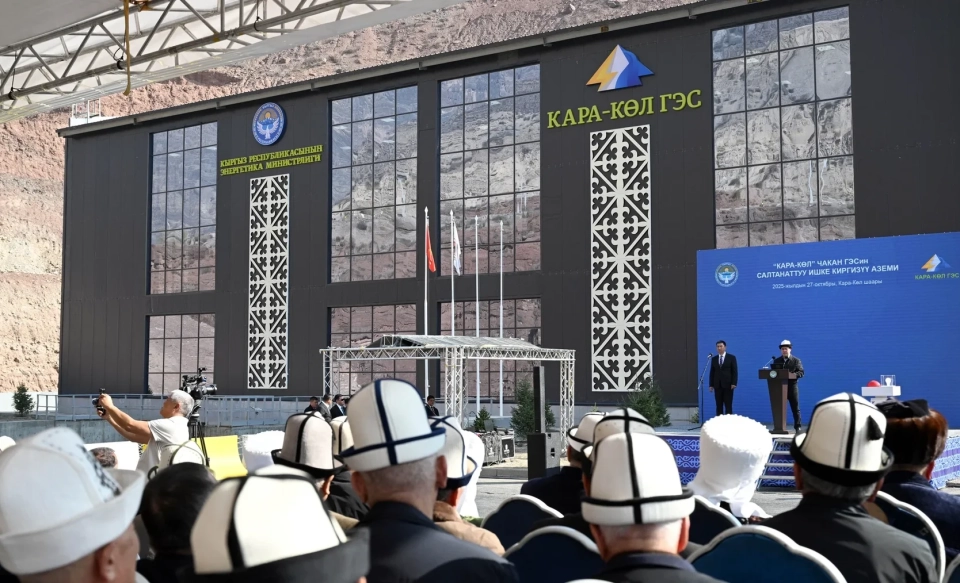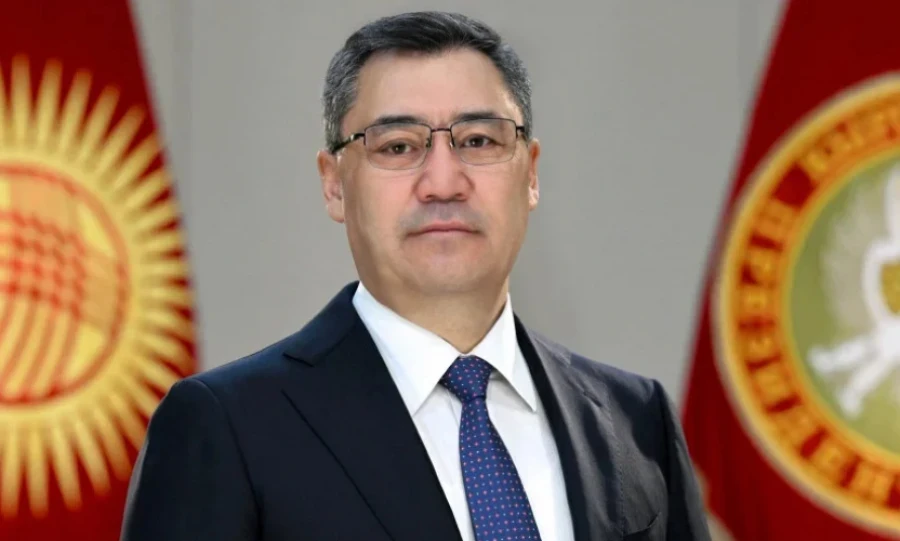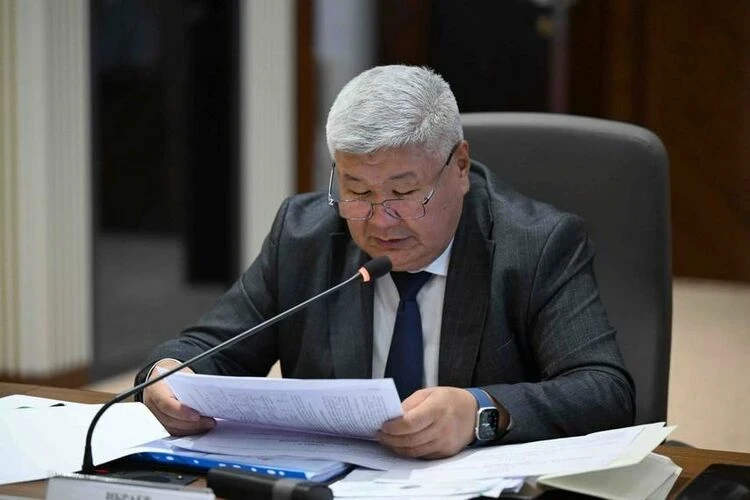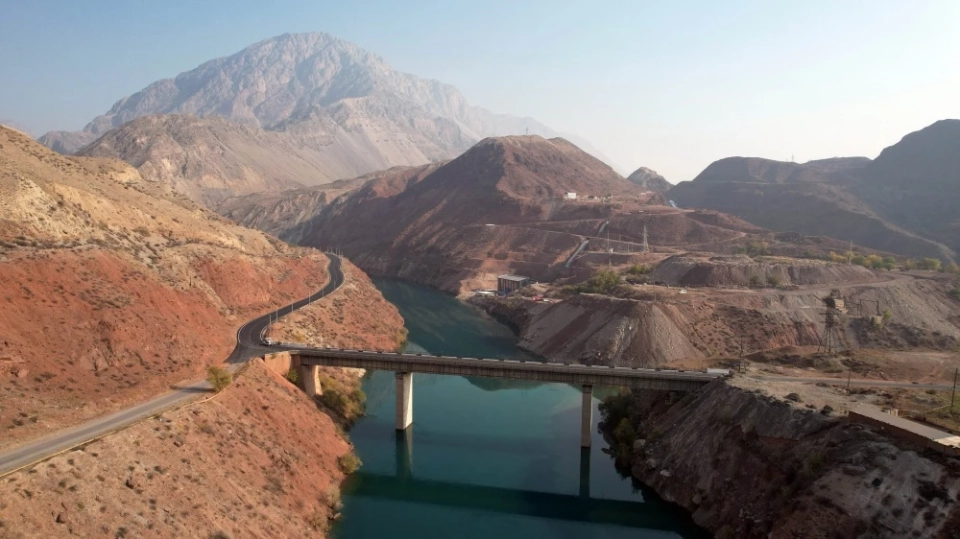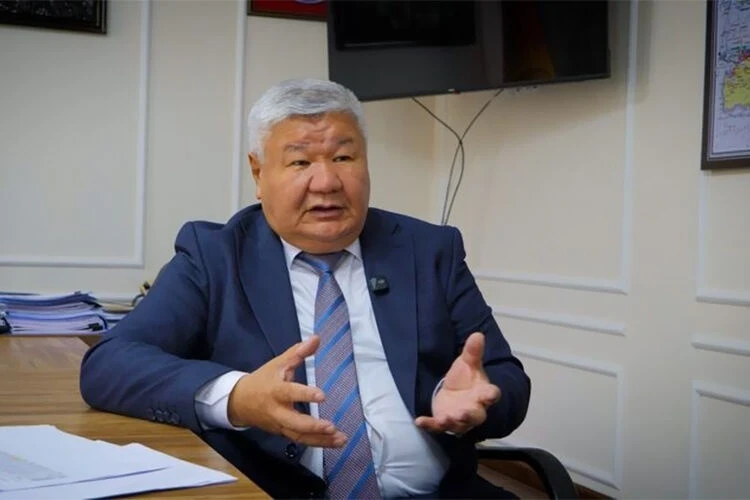
In social networks, citizens are demanding the resignation of Energy Minister Talaybek Ibraev. Discontent was also expressed by the President of Kyrgyzstan, Sadyr Japarov, who criticized the Ministry of Energy's initiative urging the population to switch to the "Unlimited Tariff" for electricity through the Open Joint Stock Company "National Electric Network of Kyrgyzstan".
According to the president, such measures are unacceptable in conditions of electricity shortages and could lead to social tension. Officials must ensure equal access to electricity during the winter period, avoiding decisions that may create advantages for certain groups of consumers.
However, the Ministry of Energy proposed to set a limit of 3 kW for regular subscribers against the backdrop of constant increases in electricity tariffs, which is causing dissatisfaction among the population.
Recently, a document from some energy workers addressed to the president and the head of the State National Security Committee appeared in local public forums. This appeal claims that a significant portion of electricity is being used for mining rather than for the needs of the population, undermining not only consumer interests but also the government's reputation.
The document also mentions that in 2025, the Ministry of Energy received a loan of $50 million for the construction of a 500 kV substation, but after the commissioning of new capacities, the need for old substations will disappear. This project initially had an investment-risk nature, benefiting private entities at the expense of the state.
The appeal also mentions the company "N. S.", which allegedly earns $50,000–60,000 a day, while the state receives minimal revenues. However, a company registered in 2023 with a similar name, "M. S.", is engaged in information technology. The director is M. I. V., and the founder is Z. A. N.
This company's name had already surfaced in the news at the beginning of last year when Deputy Tazabek Ikramov stated that due to mining, the population has to save on electricity.
“This is yet another scheme of the Shyrshov type. Hydroelectric power stations break down, are handed over to private hands, and then these same people will supply electricity to the population,” Ikramov emphasized at that time.
Connections with miners began to emerge in 2023 when the government recommended the Open Joint Stock Company "Electric Stations" to conclude an agreement with "M. S." for the electricity supply of the information and computing block. In exchange, the company was supposed to invest 1.5 billion soms to free up 30 MW of electricity from the Kambar-Ata HPP-2. At that time, the Deputy Minister of Energy, Baigaziev, stated that the tariff for selling electricity to the company was 50 tyiyns, which is twice as low as for the population and six times lower than for industry, causing public discontent.
In the appeal, energy workers indicate that the minister is providing misleading information to the country's leadership. The promised 2.5 years during which citizens must endure hardships may stretch indefinitely.
It is difficult to assess the reliability of the presented data, but this is not the first case of criticism directed at Talaybek Ibraev. Kyrgyz experts emphasize that the energy sector suffers from a lack of a long-term strategy until 2040, announced back in 2022. There are no clear goals for reducing dependence on imports, the roles of nuclear, coal, or gas energy are not defined, and there is a lack of coordination between the Ministry of Energy, the National Electric Network of Kyrgyzstan, and other organizations.
Doubts are also raised about the participation of the company ROX Group in the implementation of large energy projects in Kyrgyzstan, especially in light of its financial stability and reputation.
According to open data, ROX Group's debt burden exceeds its equity by more than seven times, and by some estimates, up to eleven times. There is also information about overdue and restructured bond obligations, indicating financial difficulties.
As for the experience of implementing projects of a similar scale, ROX Group has only one project - the Thuan Nam 19 solar power plant (60 MW) in Vietnam, which is not comparable to the declared energy block in Kyrgyzstan with a capacity of 1,900 MW. Moreover, as reported by Vietnamese media, a criminal case has been opened regarding this project due to suspicions of corruption.
Given the high debt burden and limited experience, experts suggest that the company may be forced to take cost optimization measures, which could affect the quality of equipment and the safety of the future facility.
In the event of construction delays or technical failures, Kyrgyzstan may face the need for lengthy international arbitration proceedings, leading to project freezing and additional risks for the state.
Under these circumstances, it is extremely important to thoroughly check the potential investor, including their financial stability and experience in large infrastructure projects. This will help protect national interests and ensure transparency and reliability in project implementation. It is interesting whether these aspects are included in the plans of the Minister of Energy?
The work of the Ministry of Energy is also unsatisfactory in the area of renewable energy sources. Despite their statements about construction, there is chaotic implementation of RES without proper infrastructural preparation. In 2025, the number of connected solar power plants increased threefold, but this only exacerbated network problems: the system cannot cope with sharp fluctuations in generation.
The lack of energy storage systems and flexible regulating capacities also leads to emergency outages during peak loads. Instead of a proactive approach, the Ministry of Energy reacts to crises after the fact.
The key issue remains electricity tariffs. This year they have increased allegedly to "ensure investments" and "modernize networks." However, there are no reports on where this money is going, and the loss indicators in the networks do not show improvements.
At the same time, tariffs for large industrial consumers and digital farms remain significantly lower than for ordinary citizens, raising questions about social justice. President Sadyr Japarov also noted this problem. At the same time, reports continue about new amounts from donors for various projects in the energy sector.
As a result, under Ibraev's management, Kyrgyzstan is facing a clear problem: there is electricity, but management is lacking. The country has immense hydropower potential, but without professional and transparent management, this resource does not become a national asset, but merely a source of crises.
If the Ministry of Energy continues to operate in "firefighting" mode rather than engaging in strategic planning, the republic risks finding itself in an energy deadlock, even with full reservoirs and billion-dollar loans. Perhaps it is time for a change in leadership?

